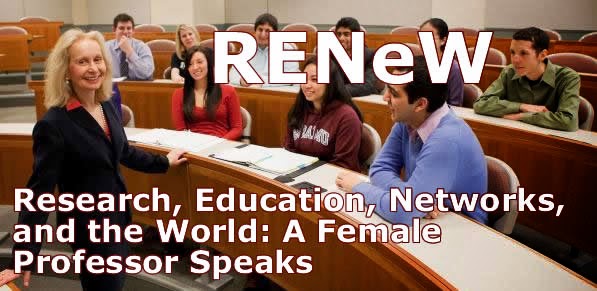The award-winning UMass Amherst INFORMS Student Chapter helps me to organize this speaker series and this is the 31st consecutive semester of it!
I welcomed the audience and Professor Trapp and announced upcoming talks in our series this semester. Then, my doctoral student, Mojtaba Salarpour, who was elected this year's Chapter President, did a more formal introduction.
Professor Trapp captivated us with facts, on a topic drawn from the news headlines, along with an elegant mathematical model, coupled with machine learning, that he has developed, in conjunction with collaborators at Oxford University in England and Lund University in Sweden, and with his doctoral student, who is pursing a PhD in data science at WPI, and who was in the audience! The model has been implemented and is being utilized in practice by an NGO, HIAS.
He emphasized how there are now 1.428 million in dire need and how the initial place really matters for refugee resettlement. Hence, it is very important to get the initial match right. Their software is called Annie MOORE, after Anna Moore, which, according to the nice press release, was an Irish woman who was the first recorded immigrant processed at Ellis Island in the late 1800s. Professor Trapp's research on this topic is funded by a major NSF grant.
At present, noone asks refugees what they would like, and it has been largely a manual matching process in the US. Case by case processing excludes benefits for all refugees simultaneously. He even gave us a demonstration of the software, which was fascinating. It allows a lot of flexibility for practitioners. My most recent paper is on international human migration networks under regulations, so I was personally very interested in his talk! Moreover, I had the pleasure of speaking at Foisie last year, and we have hosted both Professor Renata Konrad and Professor Joe Sarkis of WPI in our Speaker Series. Plus, one of my former PhD students, Dr. Sara Saberi, is a colleague of theirs at Foisie.
It was very gratifying to have faculty and students (even undergraduates) from the Isenberg School of Management, from the College of Engineering, the College of information and Computer Sciences, as well as the Department of Mathematics/Statistics at UMass Amherst in the audience!
The audience was very engaged, asking questions both during the lecture and afterwards. I took the group photo below as a memento.
We spend a lot of time identifying excellent speakers on timely topics and Professor Trapp was truly fabulous! After his mesmerizing talk, we had the pleasure of dining with him at the University Club, and we continued the discussions.
Then it was time to conduct an interview with Professor Trapp, which he graciously agreed to, and which will be posted eventually on the chapter's youtube channel: https://www.youtube.com/channel/UClVaXgOJ6wO6xRUMmcJ2_RQ/featured, where interviews with other speakers over the past 2 years can be found (and the advice provided therein is excellent!).
We also presented Professor Trapp with a gift, courtesy of the Isenberg School, and, with deep appreciation, I followed up with a formal thank you letter that I also copied to top administrators at WPI. Although it was late in the day on Friday, I was impressed by the acknowledgments of receipt that I received. Special thanks are also extended to the Chapter's wonderful webmaster and blogger, Haris Csipetas, who is a PhD student in Transportation at UMass Amherst; have a look at: https://blogs.umass.edu/umassinf/2019/09/27/umass-informs-speaker-series-a-talk-by-dr-andrew-c-trapp/



















































